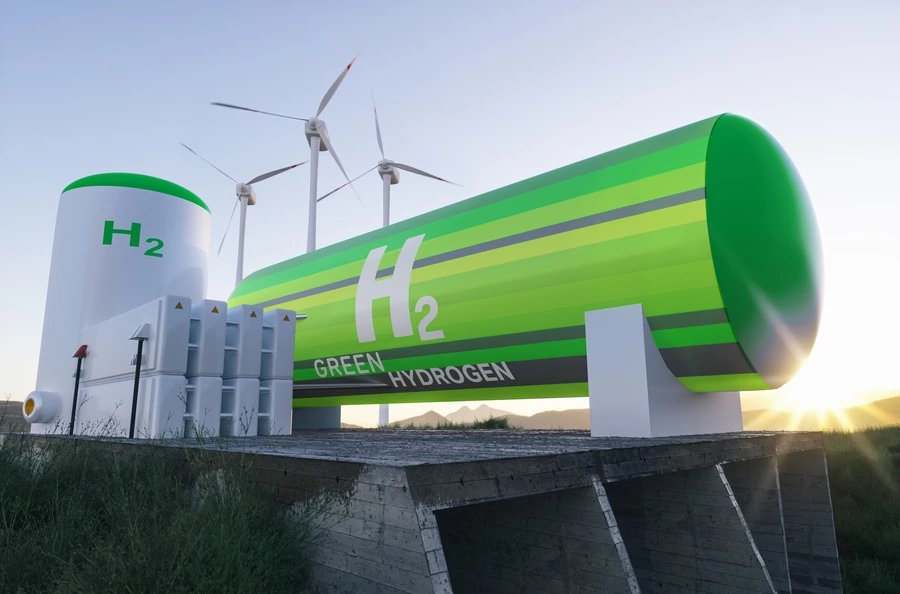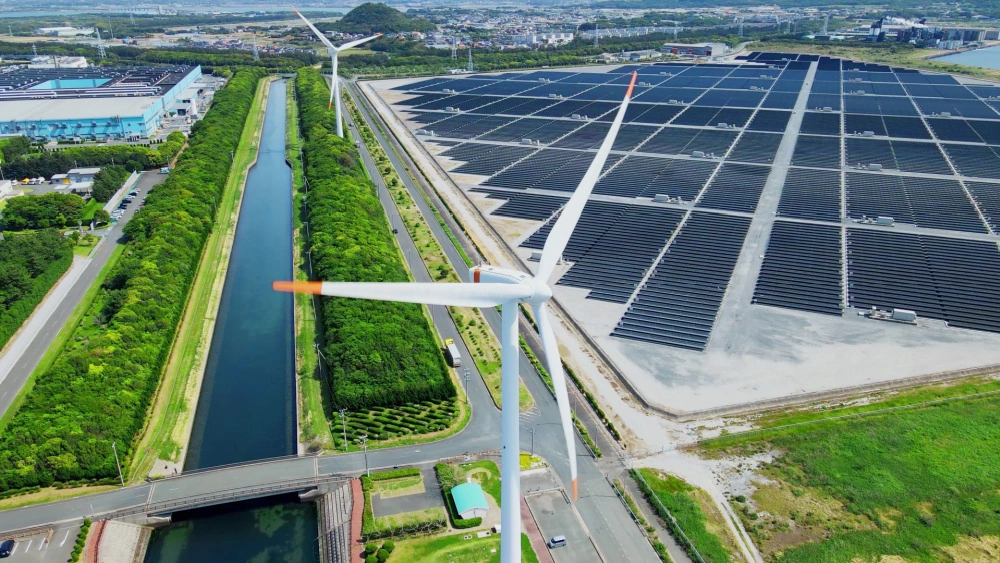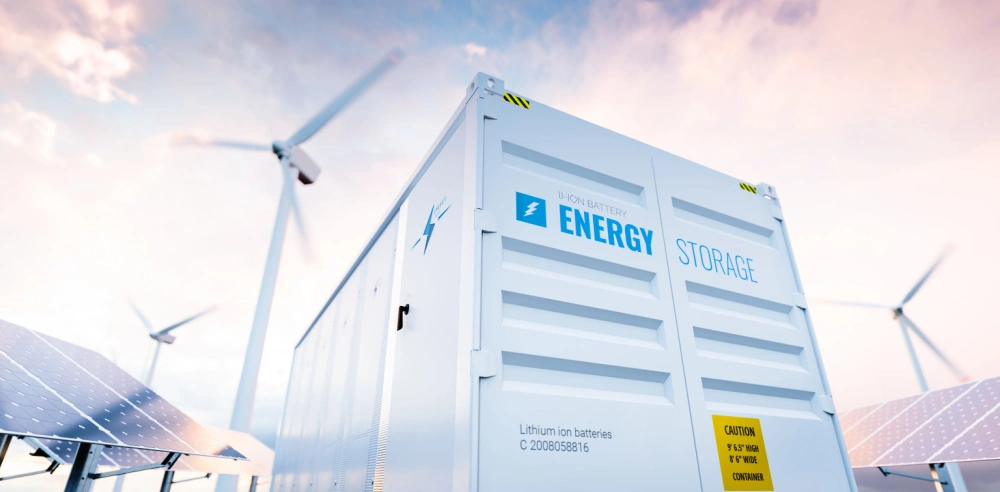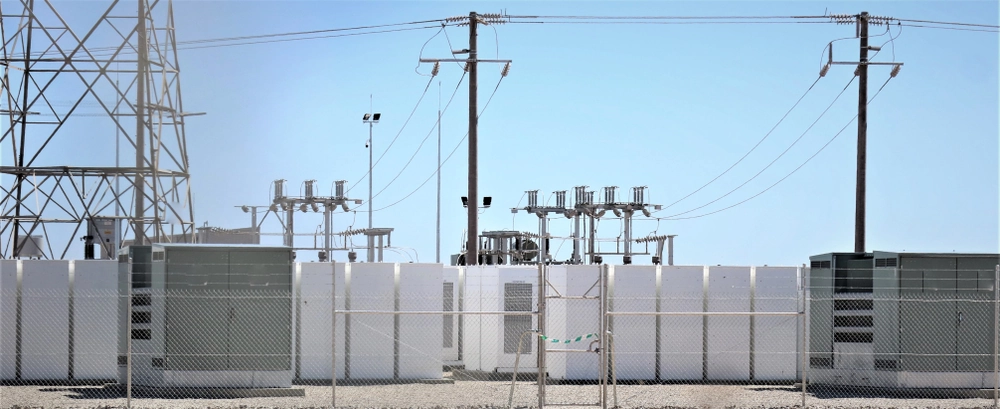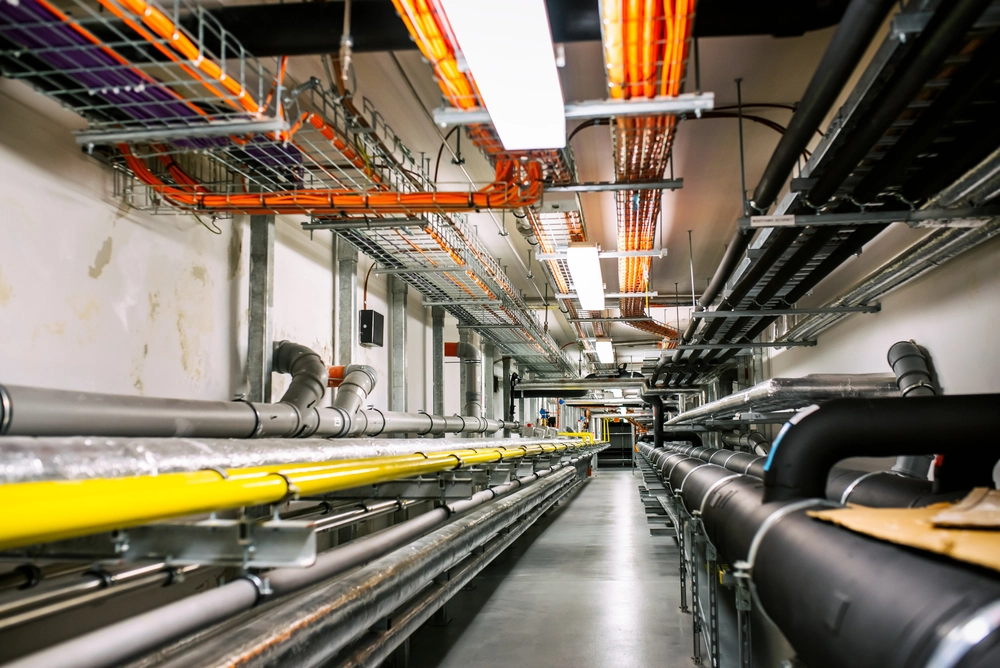Collaborate
Mohsen Garcia, Senior Adviser at boutique advisory firm Finergreen, told the roundtable he has witnessed a growing interest in hydrogen projects in Europe (particularly in Spain) and internationally, with most (if not) all of these projects arising out of joint ventures or partnerships between representatives of different parts of the hydrogen value chain.
Jane Toogood (UK Hydrogen Champion) emphasised the importance of hydrogen clusters in her keynote address at the REA Conference “The Hydrogen Economy” in November 2022. While participants to the roundtable agreed that industrial clusters are integral to the future of hydrogen production, they found the current network was not as holistic in its approach as it could be. A quick glance at the Hydrogen Network Mapping completed as part of the Western Gateway project will show that the South West will not be served by such clusters in the same manner as other parts of the country would be.
Alex King of Tower Green Holdings Ltd agreed: as it stands, the cluster network is not integrated enough to meet the UK Government’s 10GW hydrogen capacity target by 2030.To support the UK’s hydrogen ambitions we need to consider the opportunities for hydrogen usage in other industries as well.
Emily Summers of Simply Blue Group and James Harrison of OWC pointed out the significant opportunities for FLOW (floating offshore wind) to support green hydrogen production. The technical details will need to be worked out (for instance, can an electrolyser sit on top of a floating offshore wind turbine base at sea? Will water need to be desalinated, before it is used by the electrolyser), but this is certainly a promising collaboration (not least due to the number of FLOW developers looking at the Celtic Sea).


